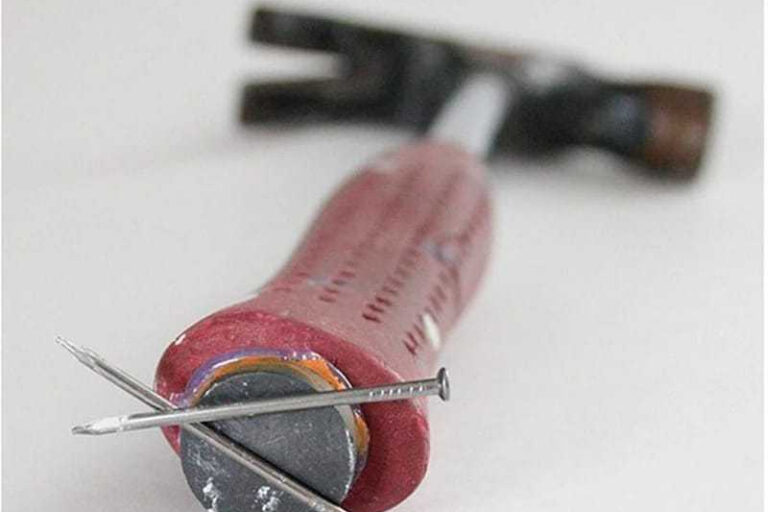
Are There Earthquakes On The Moon?
Humans have been dealing with earthquakes since we became a species, considering that the geological processes that produce them predate us by billions of years. It wasn’t until the early 20th century that the theory of plate tectonics gained wide acceptance as the process that actually causes tremors on Earth, per the University of Southern California.
But scientists have been wondering for decades: Do plate tectonics exist on other planetary bodies, and if so, do they create the quakes, volcanic eruptions, and other phenomena that they do here? And as it turns out, they do: In 1979, scientists observed a volcanic eruption on Jupiter’s moon Io, according to NASA. There’s seismic activity elsewhere in the solar system, too. For example, according to NASA, quakes also occur on Mars. And although scientists once believed that seismic activity had cooled on the moon millions of years ago, recent evidence seems to indicate that our one and only natural satellite is still seismically active.
Yes, there are 'earthquakes' on the moon
Strictly speaking, there aren’t “earthquakes” on the moon, simply because the very definition of the word literally means “quakes on the earth.” However, putting aside lexicological hair-splitting, there are indeed quakes — “moonquakes,” as they’re called — on the moon. According to Space, we know this because of equipment left up there by the Apollo program. Specifically, a handful of seismographs left up there by the Apollo missions that landed humans on the moon have detected a couple of dozen quakes over the decades, ranging in intensity from 1.5 to 5.0 on the Richter scale.
This was something of a surprise to scientists. Though fault lines are clearly visible on the moon, scientists initially thought that it had cooled seismically hundreds of millions of years ago. Further, the Apollo equipment detected other rumblings of the lunar surface, possibly due to the gravitational pull on the moon by the Earth. Further, meteors hit the moon with considerable frequency due to the lack of an atmosphere, and Apollo-era equipment has picked up the seismic reverberations from those impacts as well.

Why Radioactive Face Cream Was Once A Beauty Practice

What Was Melvin Van Peebles' Net Worth When He Died?

This Was Muhammad Ali's Final Professional Fight

The Tragic Truth About The Nanking Massacre

Scary Hiking Stories That Will Make You Want To Stay Indoors

Details We Know About The Assassination Of Haitian President Jovenel Moise

What Cary Grant Did After Retiring From Acting

How Much Does The Pope Emeritus Get Paid?

These Are The Penguins That Don't Live In The Cold

How John Denver's 'Leaving On A Jet Plane' Foreshadowed His Own Death























